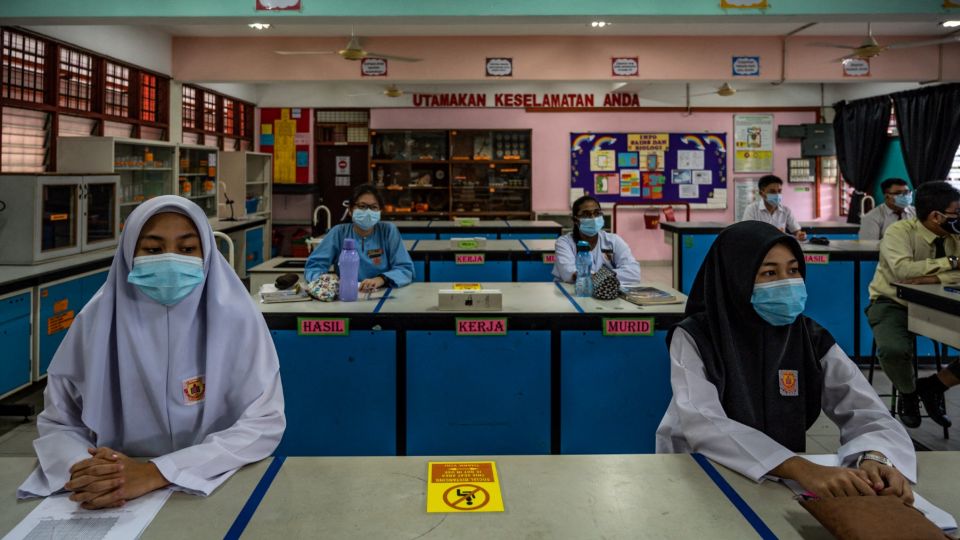September 4, 2025
KUALA LUMPUR – Education leaders are urging the government to reconsider its decision to impose the 6% Sales and Service Tax (SST) on waived fees and scholarships in private and international schools, warning that it is unfair and could harm Malaysia’s standing as an education hub.
National Association of Private Educational Institutions deputy president Dr Teh Choon Jin described the move as “illogical and unfair”, as it taxes amounts that students do not actually pay.
“For scholarship recipients, this undermines the very purpose of financial aid.
“They are still taxed on the full tuition fee despite receiving assistance.
“A more reasonable approach would be to tax only the net amount incurred, reflecting the true transaction value,” he said.
Parents with children in international schools have voiced concern to The Star, particularly over the inclusion of scholarships, bursaries and staff waivers under SST.
Teachers with more than one child enrolled are now facing multiple tax charges, prompting many expatriate educators to reconsider their future in Malaysia.
Teh said Customs Department officials confirmed during an Aug 6 engagement session that scholarships are treated as “selective discounts” and are therefore taxed on the gross tuition fee.
“This means a student receiving a 50% scholarship on an RM62,000 annual fee would still be taxed on the full RM62,000, resulting in RM3,720 in SST.
“Both scholarships and staff tuition waivers are subject to SST based on the full fee, not the discounted or waived amount,” he explained.
He warned that such a policy could hinder access to education and weaken Malaysia’s ambition to become a leading regional education hub.
“Adopting a net-fee-based tax approach would ensure fairness by taxing only actual payments, reduce unnecessary financial strain, preserve revenue integrity without penalising aid recipients, and encourage institutions to keep offering scholarships generously.
“The added cost of SST may also make it harder to attract and retain top international educators.
“For expatriate families whose companies pay school fees, these taxes could discourage them from choosing Malaysia,” he said.
A chairman of an international school in Kuala Lumpur, who declined to be named, called the expansion of SST an unnecessary financial strain on teachers and their families.
“These scholarships are not luxuries; they are part of how we support teachers for their service.
“Now families may be forced to move children to non-SST schools, uprooting students and creating instability.
“It also weakens our ability to attract and retain talented teachers,” he said.
He added that schools also face higher costs when helping deserving students, which will inevitably reduce the number of scholarships available.
Under the new policy effective July 1, private and international schools in the K-12 sector must register for SST if their average annual fee per student exceeds RM60,000.
The tax applies to both Malaysian and non-Malaysian students, except for Malaysian students with disabilities.
In higher education, SST applies to all foreign students regardless of tuition level.

